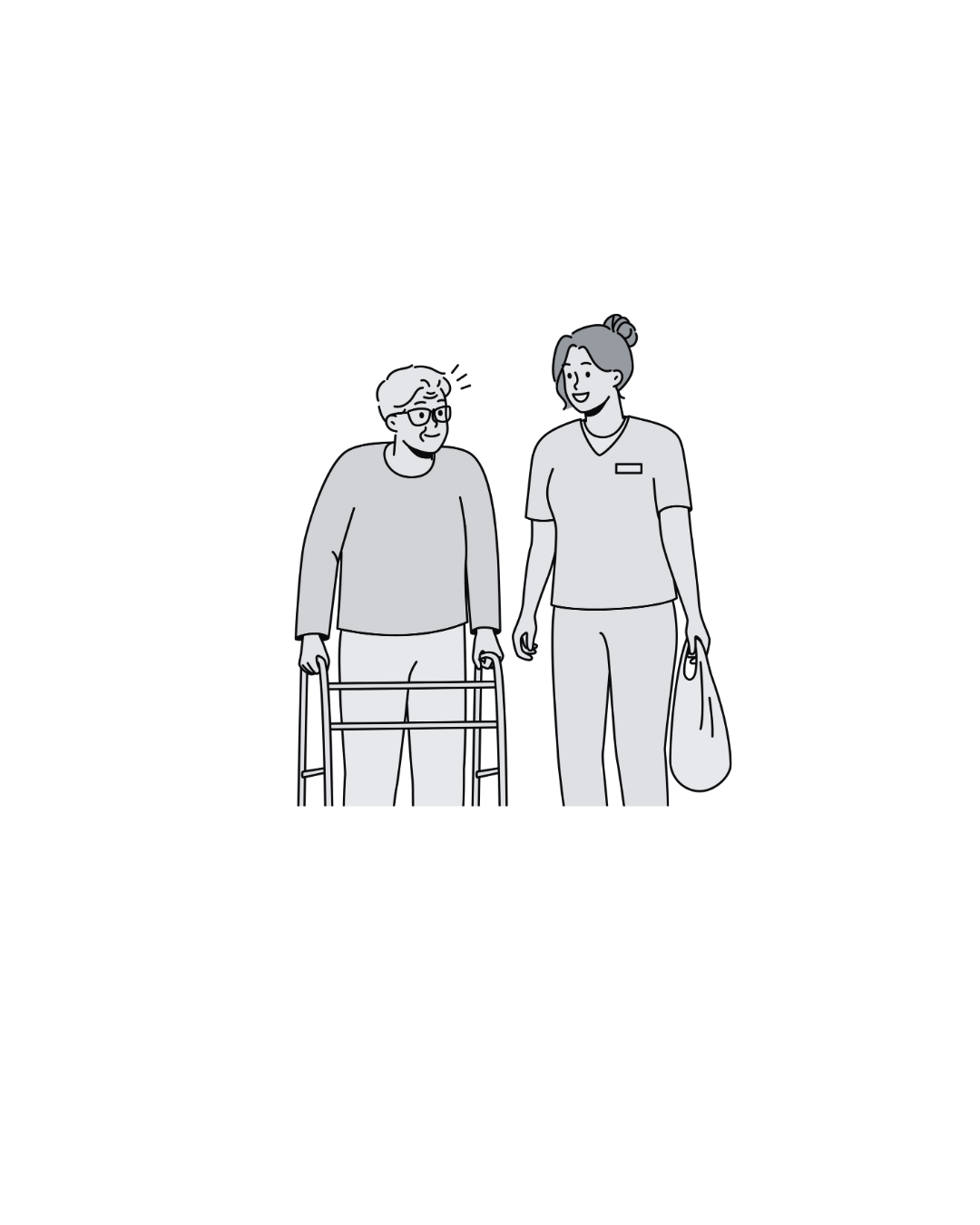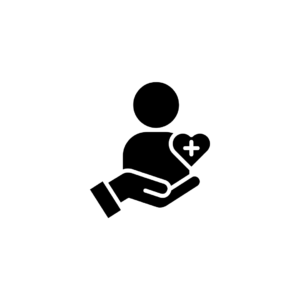Description
An Advanced Diploma in Multi-Purpose Health Workers is a specialized program designed to train individuals in various aspects of healthcare delivery. This diploma prepares health workers to perform a range of tasks that support health services at the community level, focusing on preventive, promotive, and basic curative health care.
Course Details:
Duration: Typically 1 to 2 years, depending on the institution and program structure.
Eligibility: A high school diploma or equivalent is generally required; candidates with a background in health sciences or related fields may be preferred.
Mode of Study: Offered in full-time, part-time, or online formats, combining theoretical learning with practical experience in healthcare settings.
Curriculum:
The curriculum for an Advanced Diploma in Multi-Purpose Health Workers generally covers the following key areas:
1. Introduction to Community Health
Community Health Principles:
Overview of community health concepts, focusing on the social determinants of health and the role of health workers in community settings.
Public Health Systems:
Understanding the structure and organization of public health systems and services.
2. Health Promotion and Disease Prevention
Health Education:
Techniques for educating communities about health issues, preventive measures, and healthy lifestyles.
Disease Prevention Strategies:
Strategies for preventing communicable and non-communicable diseases in the community.
3. Basic Clinical Skills
Clinical Procedures:
Training in essential clinical procedures such as taking vital signs, administering vaccinations, and performing basic first aid.
Patient Care Management:
Skills for managing patient care, understanding patient needs, and providing appropriate referrals.
4. Maternal and Child Health
Maternal Health Care:
Understanding reproductive health, prenatal and postnatal care, and family planning services.
Child Health:
Focus on childhood illnesses, immunization schedules, and nutrition for children.
5. Nutrition and Health
Nutrition Education:
Principles of nutrition and their relationship to health, including dietary assessments and counseling.
Community Nutrition Programs:
Developing and implementing community-based nutrition initiatives to improve health outcomes.
6. Health Management and Administration
Healthcare Management Principles:
Basics of managing health programs, resources, and personnel in a community setting.
Data Management and Reporting:
Skills for maintaining health records, reporting outcomes, and utilizing health data for decision-making.
7. Environmental Health
Sanitation and Hygiene:
Importance of environmental health factors, sanitation practices, and hygiene promotion in the community.
Waste Management:
Understanding waste management practices that affect public health.
8. Mental Health and Wellbeing
Mental Health Basics:
Understanding mental health issues, resources available, and how to provide support and referral.
Crisis Intervention:
Skills for identifying and responding to mental health crises in the community.
9. Practical Training and Field Experience
Internships/Clinical Placements:
Opportunities for students to gain hands-on experience in community health settings to apply their theoretical knowledge.
Capstone Projects:
Completion of a project that integrates learning outcomes, focusing on community health issues.
Assessment:
Assessment methods in this program may include:
Written Exams:
Testing theoretical knowledge across various subjects.
Practical Assessments:
Evaluating hands-on skills in clinical and community settings.
Project Work:
Collaborative or individual projects addressing real-world community health issues.
Career Opportunities:
Graduates of the Advanced Diploma in Multi-Purpose Health Workers can pursue various roles, including:
Community Health Worker: Engaging directly with communities to promote health education and preventive measures.
Field Health Educator: Implementing health education programs in schools, community organizations, or health clinics.
Maternal and Child Health Worker: Providing care and education focused on maternal and child health issues.
Nutritionist or Nutrition Advisor: Working within communities to develop and promote nutrition programs.
Health Program Coordinator: Managing health initiatives and programs at local health organizations or NGOs.
This advanced diploma program equips students with a comprehensive skill set to address diverse health needs in communities, fostering healthier environments and improving overall public health outcomes. If you have further questions or need more information, feel free to ask!









